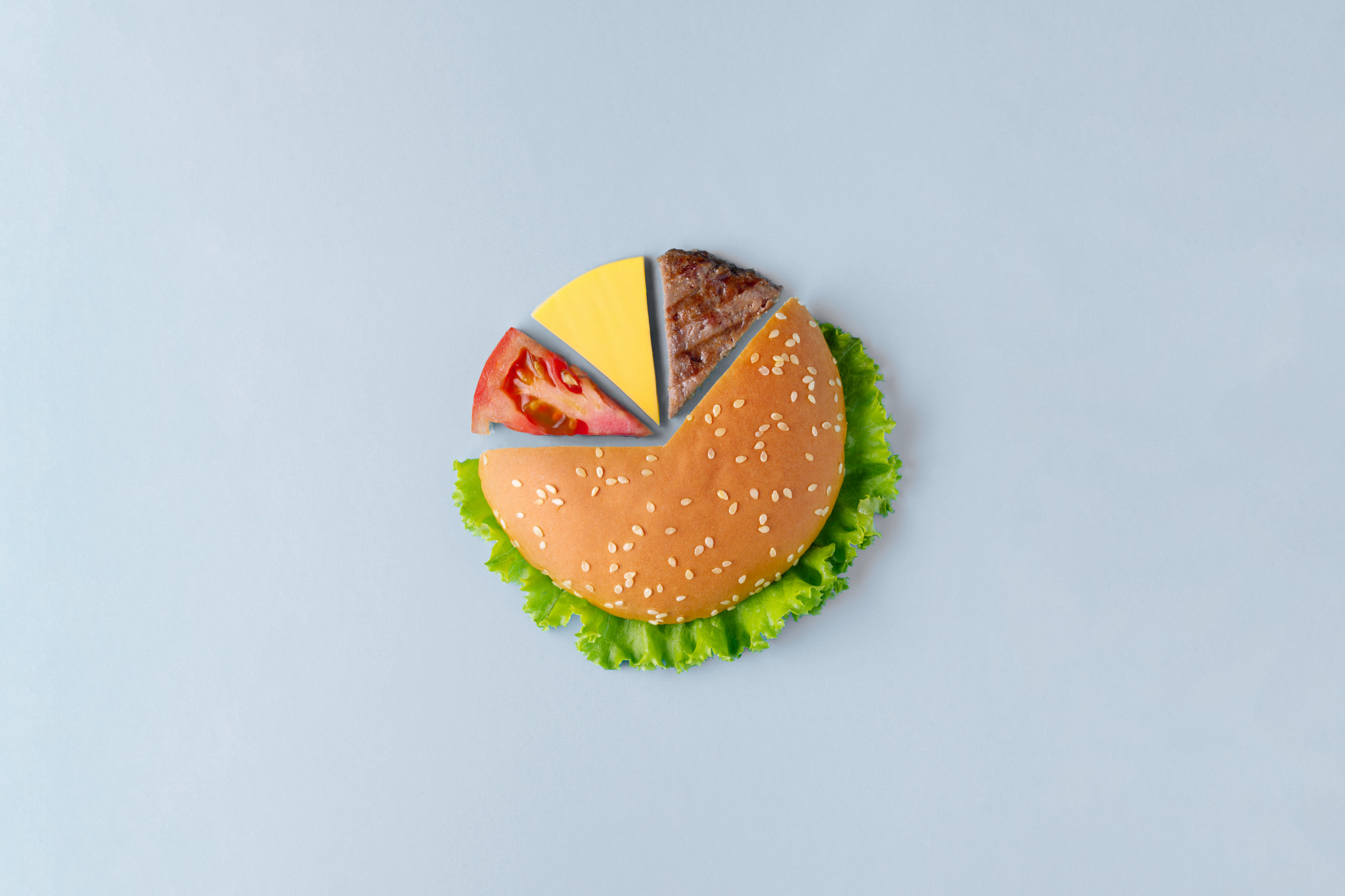VwGH: Disposal of a co-entrepreneurial share while retaining special business assets

The Administrative Court (VwGH) recently dealt with the question of a capital gain eligible for tax relief pursuant to section 24 EStG 1988 in the case of the sale of parts of a co-entrepreneurial share while retaining special business assets. Accordingly, the disclosure of hidden reserves associated with the business share is not required.
Partnerships that are entrepreneurially active within the framework of a business are considered (for tax purposes) as co-partnerships. Although the law does not define the term co-entrepreneurship, the general partnership (Offene Gesellschaft, OG) and the limited partnership (Kommanditgesellschaft, KG) are cited as examples. The partners of the co-partnerships (so-called co-entrepreneurs) generate business income, which means that the sale of the share in the company already results in the recognition of previously untaxed (hidden) reserves as “capital gains” according to the principles of determining business profits. If assets that do not belong to the company’s assets but are in the (economic) sole or co-ownership of one or more co-entrepreneurs are transferred to the company for use, either for a consideration or free of charge, this constitutes so-called special business assets (Sonderbetriebsvermögen).
These circumstances are often found in the practical constellation that “private” real estate serves the operation of a limited partnership or general partnership, but is not owned by it, but belongs to the partner(s).
If (e.g. on the occasion of a partner’s retirement) only a part of the co-entrepreneur’s share (co-entrepreneur’s share quota) is sold by the co-entrepreneur, possibly with complete retention of the associated special business assets, it was previously unclear whether this would constitute a sale of a business eligible for preferential treatment under section 24 EStG 1988. This was because there was no clear Austrian case law and no consistent literature on the subject.
Notwithstanding this, the Federal Fiscal Court (BFG 24.11.2021, RV/5101414/2020) as well as the long-standing administrative practice (margin no. 5984 EStR 2000) did not qualify the sale of a part of the company share without a proportionate sale of the special business assets as a capital gain pursuant to section 24 EStG 1988, which in any case precluded the claiming of tax benefits.
The Administrative Court has now contradicted this legal opinion in its ruling of 26 January 2023, Ro 2022/15/0006-6.
Occasional case
The appellant in the case under review was a GmbH & Co KG (limited liability company), which came into being through the constructive conversion of an N GmbH pursuant to Art II UmgrStG. The sole shareholder and managing director of N GmbH was MN. As a result of the transformation of the N GmbH into a partnership, real estate previously held as private assets by MN (and previously leased to the GmbH) changed to the special business assets of the shareholder MN due to the transformation.
In the same year, MN sold 75 % of his 100 % limited partner’s share, the special business assets were not sold and MN resigned from his management function. MN was older than 60 at the time of the sale. The capital gain of the 75 % limited partner’s share was recorded in the tax return as capital gain pursuant to section 24 EStG 1988 and the age concession of the half tax rate (section 37 (5) no 3 EStG 1988) was applied for.
The tax administration did not recognise a sale of a co-entrepreneurial share pursuant to section 24 EStG 1988 because the special business assets had not been sold proportionately.
In the subsequent appeal proceedings, the BFG also took the view that a capital gain pursuant to section 24 EStG 1988 did not exist, on the grounds that not all hidden reserves (thus also those of the special business assets) had been disclosed with the sale of the co-entrepreneurial share.
Essential statements of the VwGH
In its ruling, the VwGH states at the outset that the co-entrepreneur’s share includes not only the share in the company’s assets, but also the special business assets (VwGH 19.05.2005, 2000/15/0179). Even if a share of a partner who is to be regarded as an entrepreneur (co-entrepreneur) of the business is sold, there is a capital gain (section 24 (1) subpara 1 EStG 1988 third indent). This applies not only to the sale of the entire co-entrepreneurial share, but also if only a proportional sale of the share takes place (e.g. VwGH 06.04.1995, 94/15/0194).
According to the case law of the VwGH, a business is sold “if an organically closed group of assets is transferred that forms the essential basis of the business, i.e. if a living business is sold and the purchaser is thereby enabled to continue the business”. The civil law title that entitles the acquirer to use certain parts of the business assets is not decisive (e.g. VwGH 28.09.2011, 2008/13/0025). If, for example, a property is one of the essential elements of the business and is retained in the course of the sale of all other essential elements, it is sufficient if the acquirer is provided with the use of the property with the cooperation of the seller (VwGH 24.02.2011, 2009/15/0161).
In the case at hand, only a share of the co-entrepreneurial share was sold and the operational use of the property was continued by the co-entrepreneurial partnership, whereby the property enabled the continuation of the business (and it remained in the special business assets). The appellant and thus also the acquirers of the co-entrepreneurial shares were thus enabled to continue the business.
According to the Administrative Court, in the present case a sale within the meaning of section 24 EStG 1988 was therefore deemed to have taken place, which in principle allows the preferential treatment (tax allowance according to section 24 (4) EStG 1988, the three-year distribution according to section 37 (2) EStG 1988 and the half tax rate according to section 37 (5) EStG 1988).
However, since the preferential age treatment of half rate taxation (section 37 (5) EStG 1988) requires the sale of the entire business, the consequence for co-entrepreneurial shares is that the entire co-entrepreneurial share would also have to be sold in order to fulfil the requirements for preferential taxation. The sale of only a portion of a co-entrepreneur’s share therefore does not entitle the appellant to half the tax rate, which is why the Administrative Court denied the appellant the half tax rate applied for.
Practical implications
The Administrative Court’s ruling is of far-reaching practical significance, as it clarified for the first time that in the case of the sale of a part of a co-entrepreneurial share, the existence of a capital gain eligible for tax relief under section 24 EStG 1988 does not depend on the fact that special business assets are also realised on a pro rata basis. A capital gain eligible for tax relief therefore does not require the disclosure of all hidden reserves associated with the company share. This opens up new perspectives in tax advisory practice.
An adjustment of the administrative practice (margin no. 5984 EStR 2000) to the current case law of the VwGH can also be expected.

